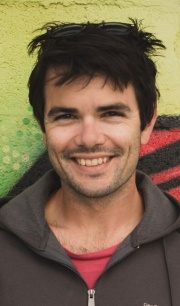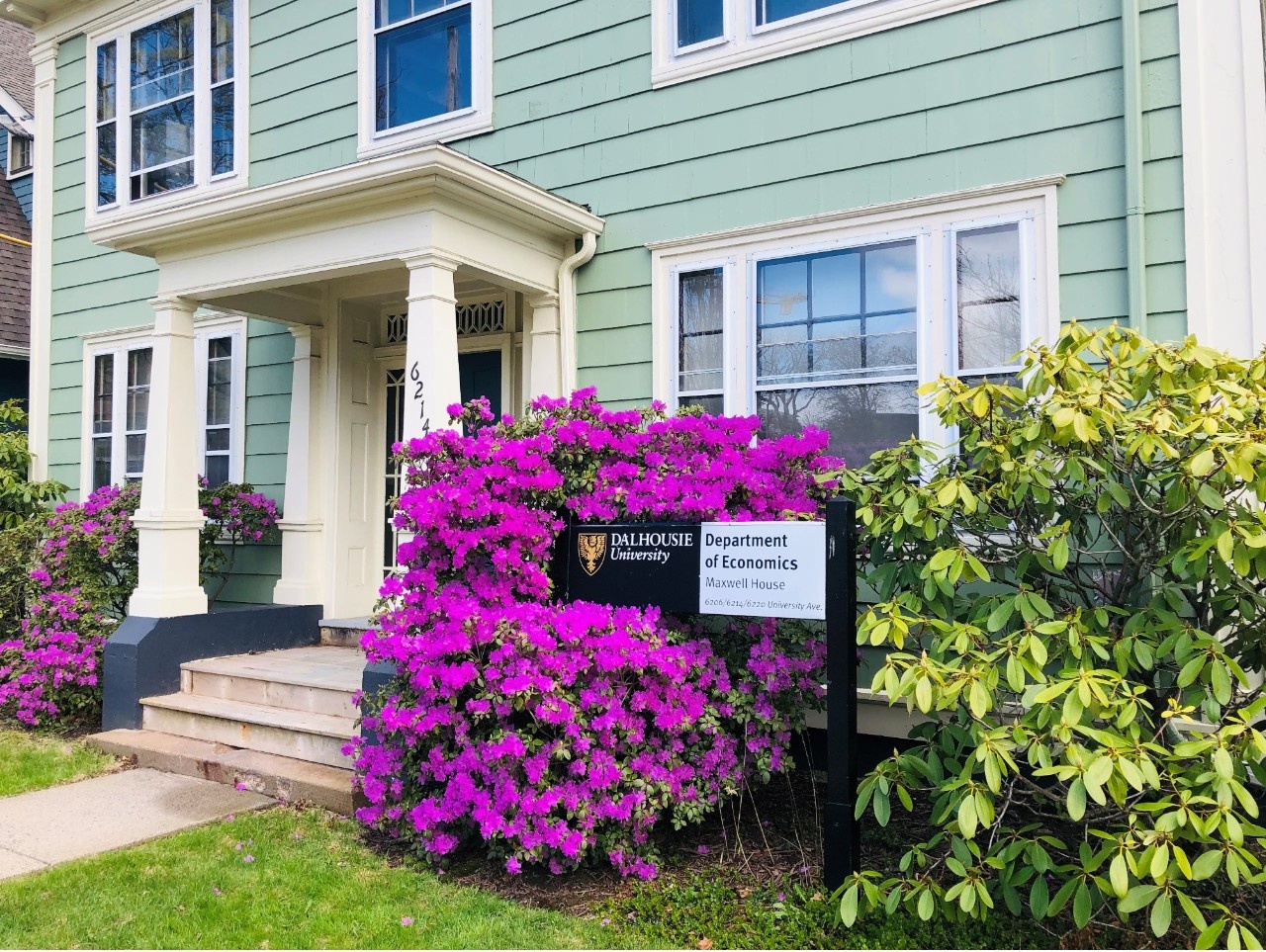Andrew Fanning
BA, 2007; MDE, 2012

That course unexpectedly introduced me to a simple question that blew my mind: How big should economies grow on our finite planet? So I started reading, thinking and writing – and I haven't stopped.
I graduated from Dal twice – once with a BA in International Development Studies and Economics (2007), and the second time with a Master’s in Development Economics (MDE) in 2012. Since then, I have completed doctoral studies at the Universidad de Cadiz (Spain), and I am currently a Marie Skłodowska Curie Research Fellow in the Sustainability Research Institute at the University of Leeds (United Kingdom). My research aims to identify the changes needed to maintain or enhance human well-being in a world where the environmental pressures of economic activity are kept within planetary boundaries.
When I think about how my time at Dal has led me to where I am today, I can point to two life-changing chains of events that began in the Department of Economics.
The first one began in the first year of my undergrad (2003-04), when I saw a poster in a poorly lit corner of one of the Maxwell house basements. It was entitled "Study, Live and Learn in Buenos Aires" and advertised an exchange agreement for 3rd and 4th year economics undergraduates between AVľăŔÖ˛ż and Universidad Torcuato di Tella in Buenos Aires (Argentina). I remember my first thought was that I wanted to do it. My second thought was that I would need to learn Spanish! Long story short, I spent the next two years learning some Spanish at Dal and abroad, and finally got the chance to study in Buenos Aires for a life-changing semester during my 4th year.
The second chain of events began during the first year of my 2-year Master’s in 2010, thanks to the unique requirement of the MDE program to take graduate-level courses outside the Department of Economics. I remember being excited to find a course entitled "Economics for Resource and Environmental Management" in the School for Resource and Environmental Studies (SRES). That course unexpectedly introduced me to the field of ecological economics (not to be confused with environmental economics), and included a simple question that blew my mind: How big should economies grow on our finite planet? I remember being shocked that my macroeconomics training couldn’t provide a clear answer, and I felt silly because the question had never occurred to me. So I started reading, thinking, and writing – and I haven’t really stopped.
Fast-forward to nearly a decade later, my interests in development and environment have combined to grapple with the challenge of how to meet the needs of all within the means of the planet. As part of this work, I have led the development of an interactive website, , to foster a public discussion about the meaning of a "good life" and what it could look like in a world that lives within planetary boundaries. This discussion is vital – and urgent – because our research finds that no country currently meets basic needs for its citizens at a globally sustainable level of resource use. In other words, as my colleague Kate Raworth puts it: "We are all developing countries now." To me, that means it’s more important than ever to be rethinking economics so that it’s fit to face social and environmental challenges of the 21st century.
